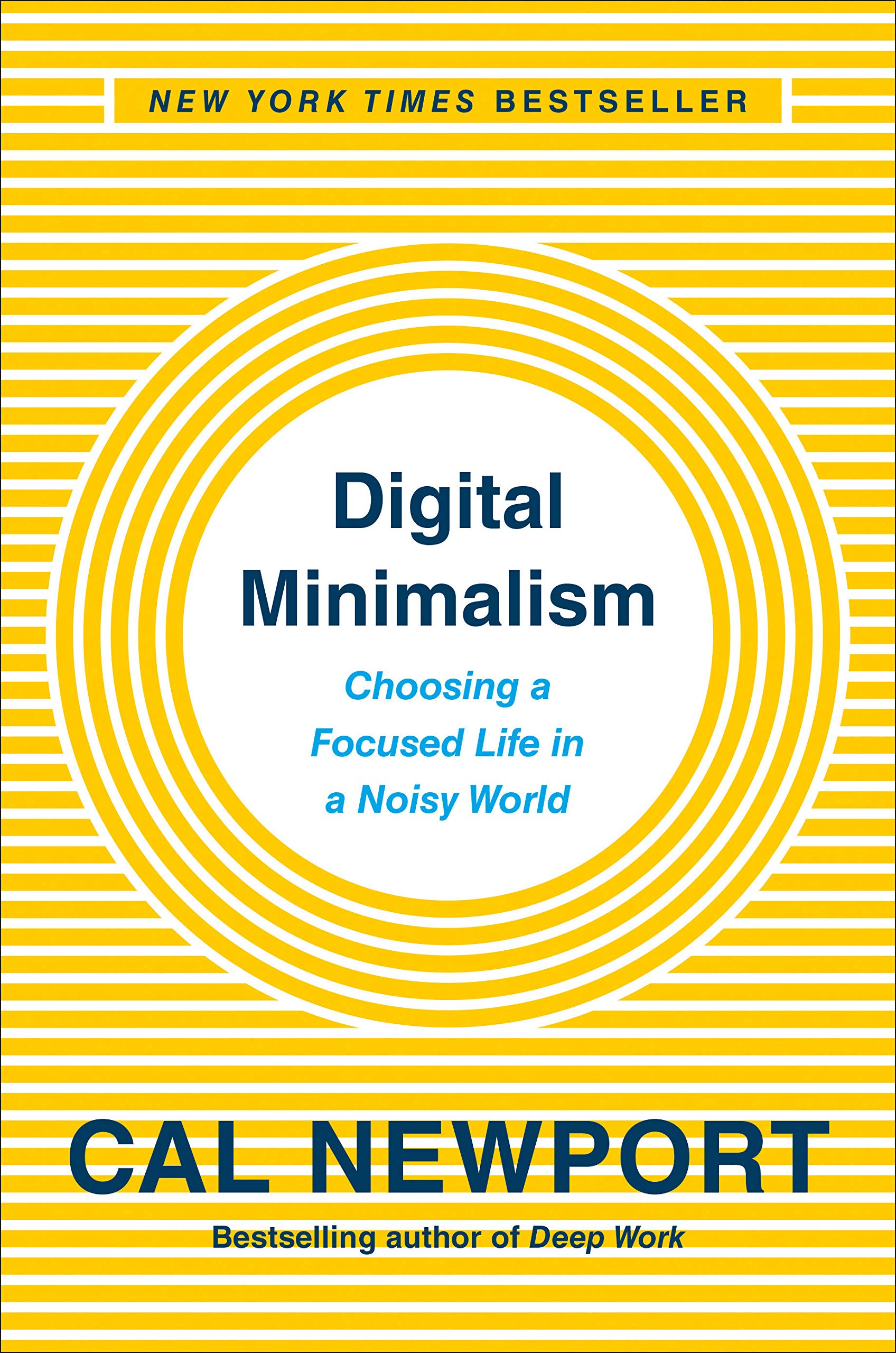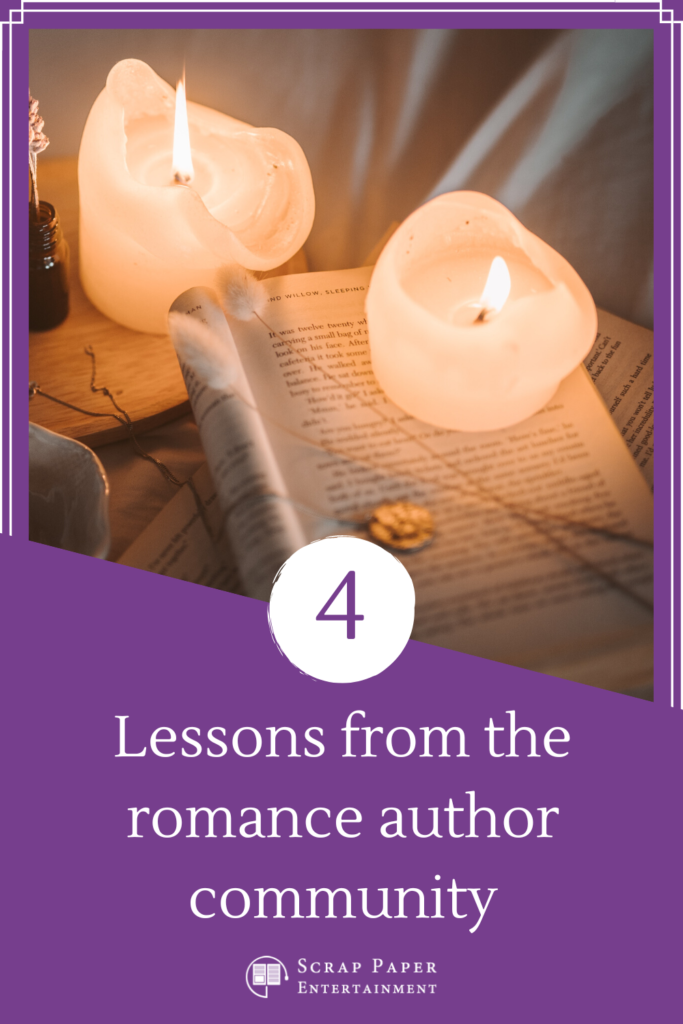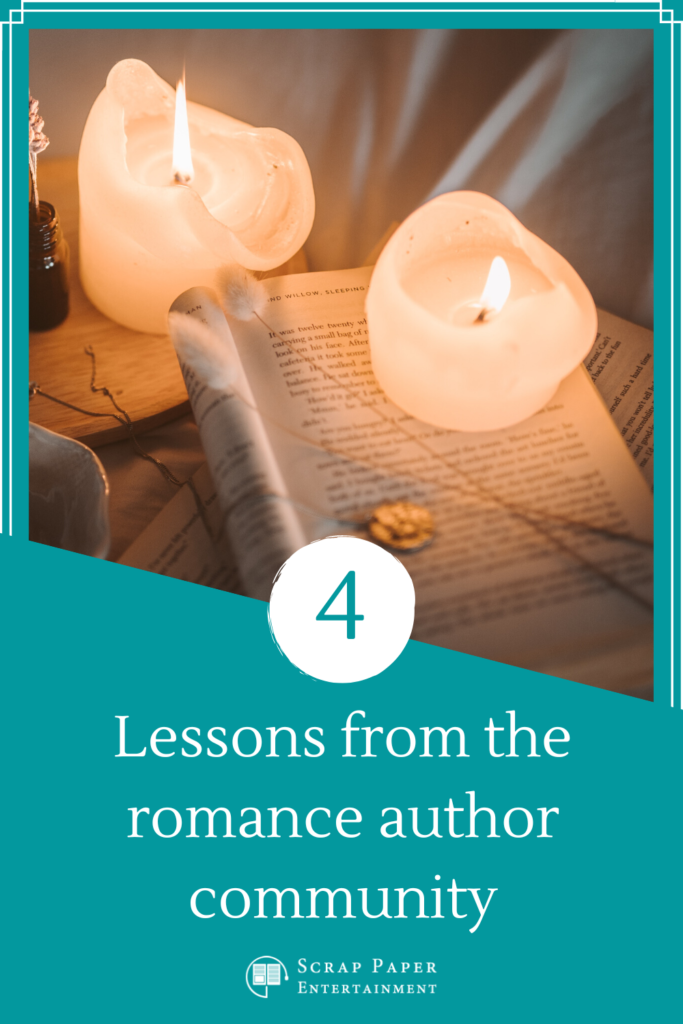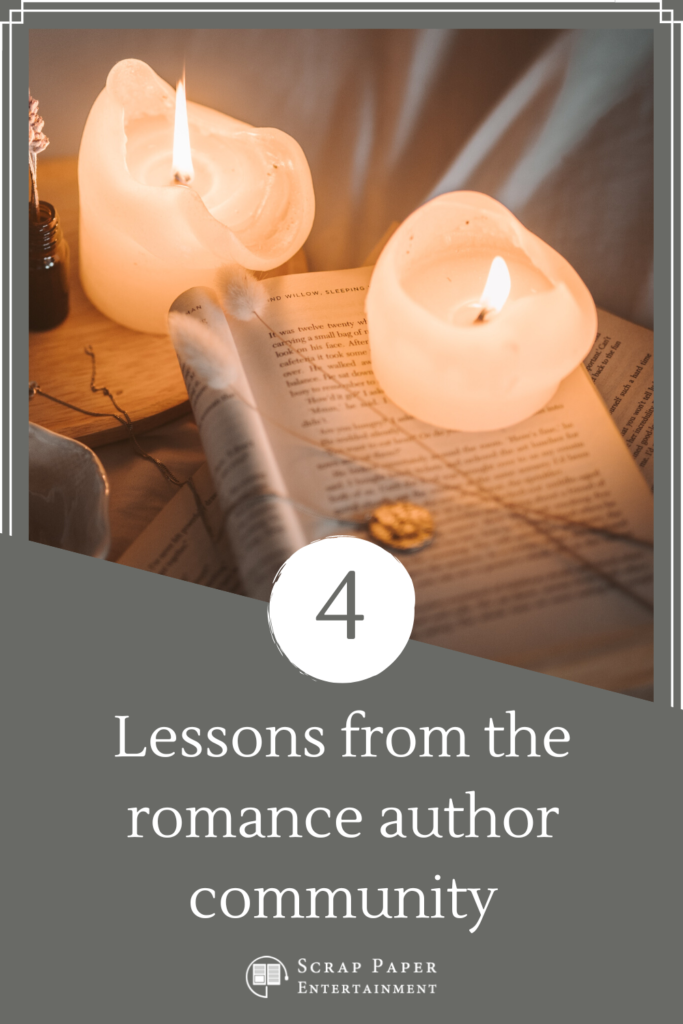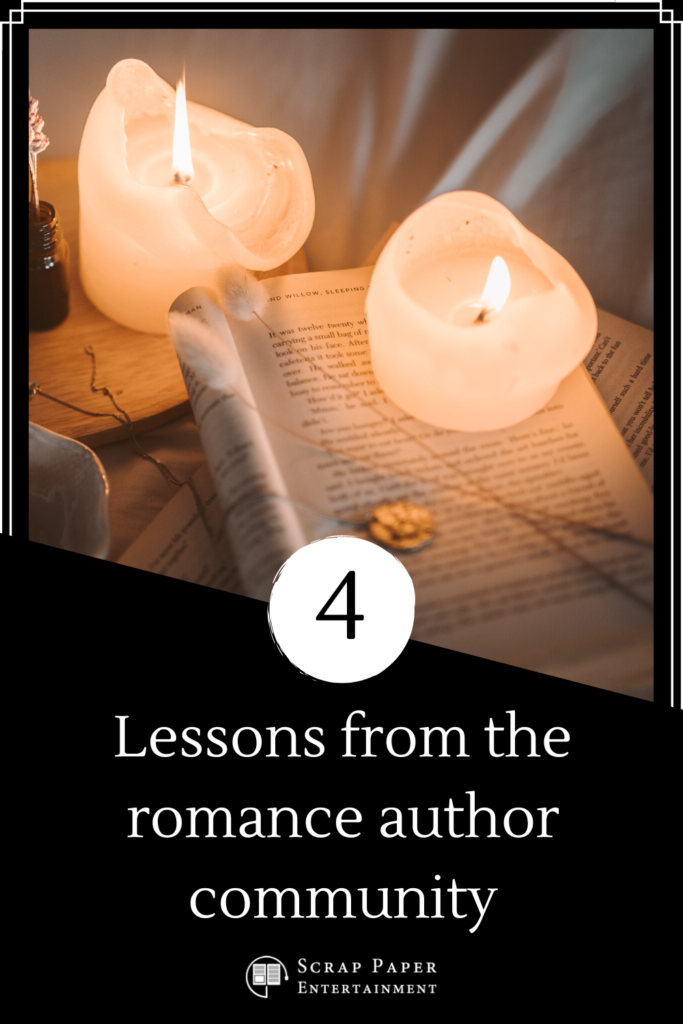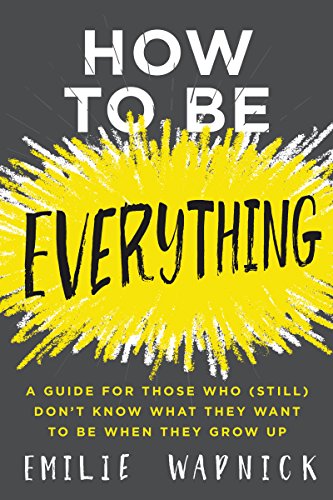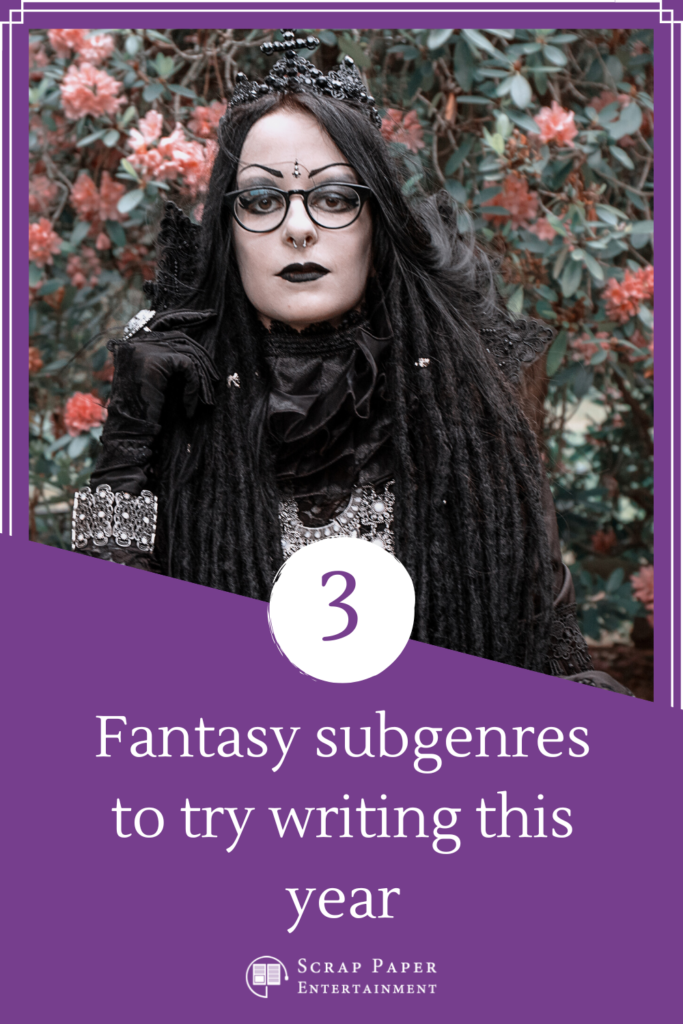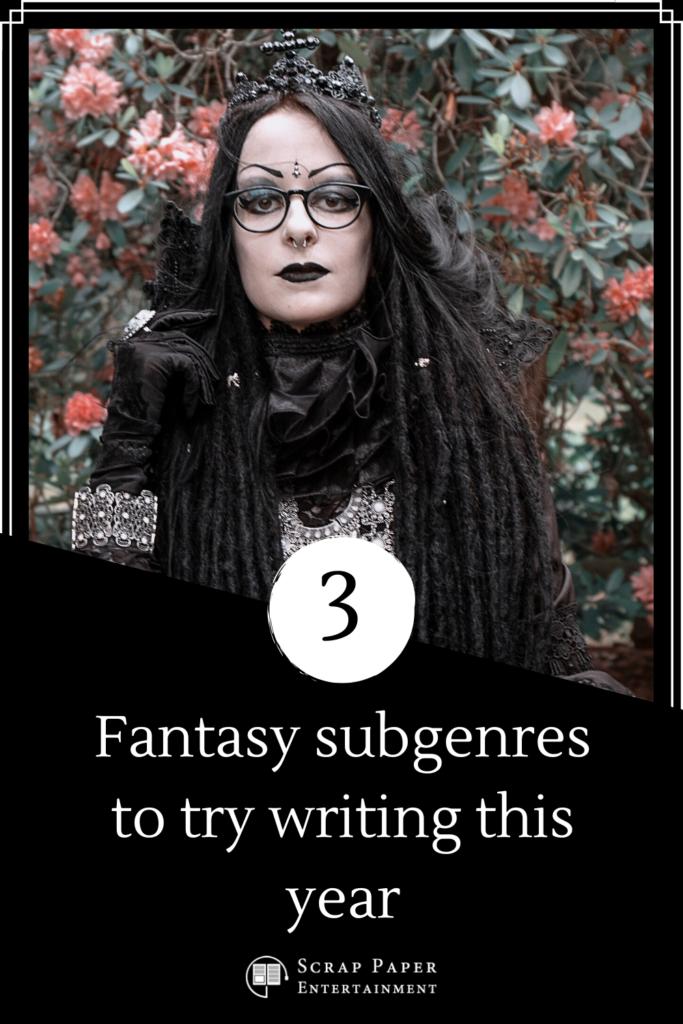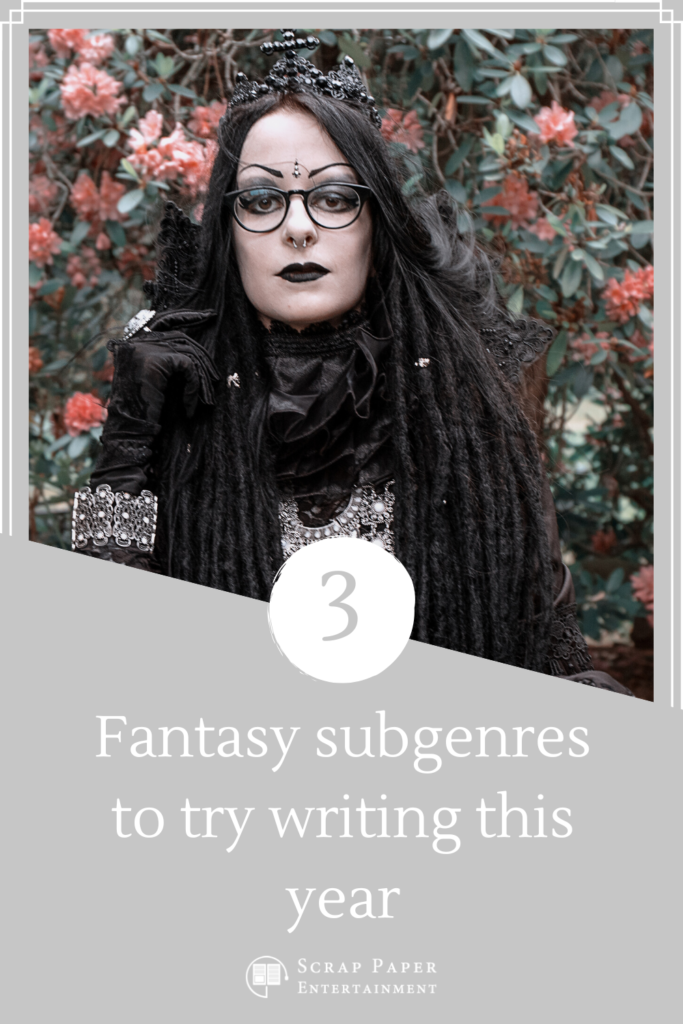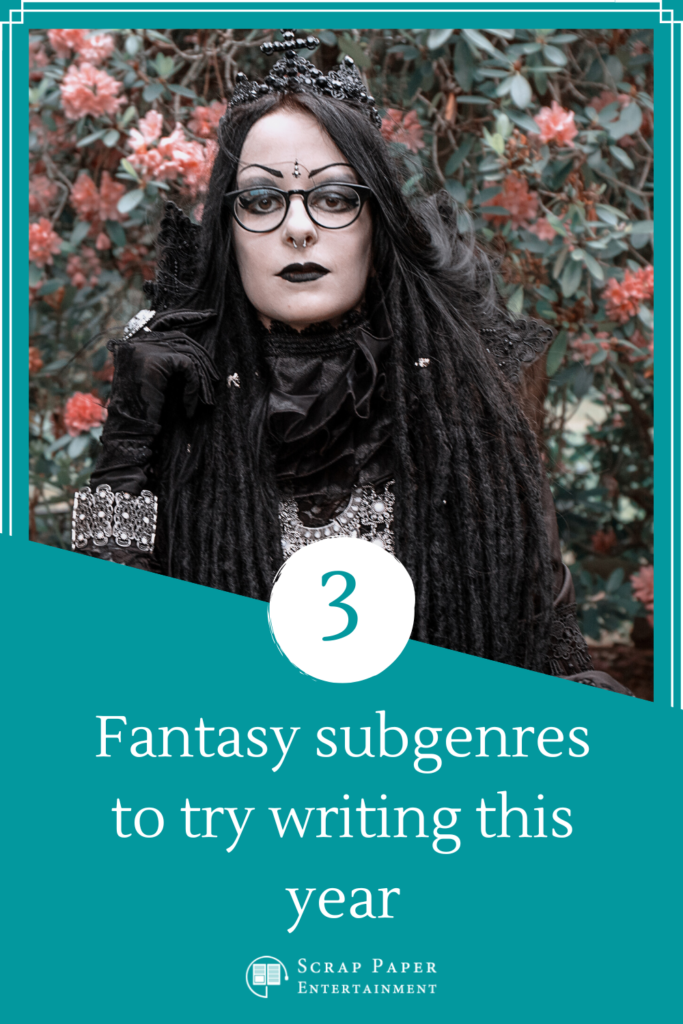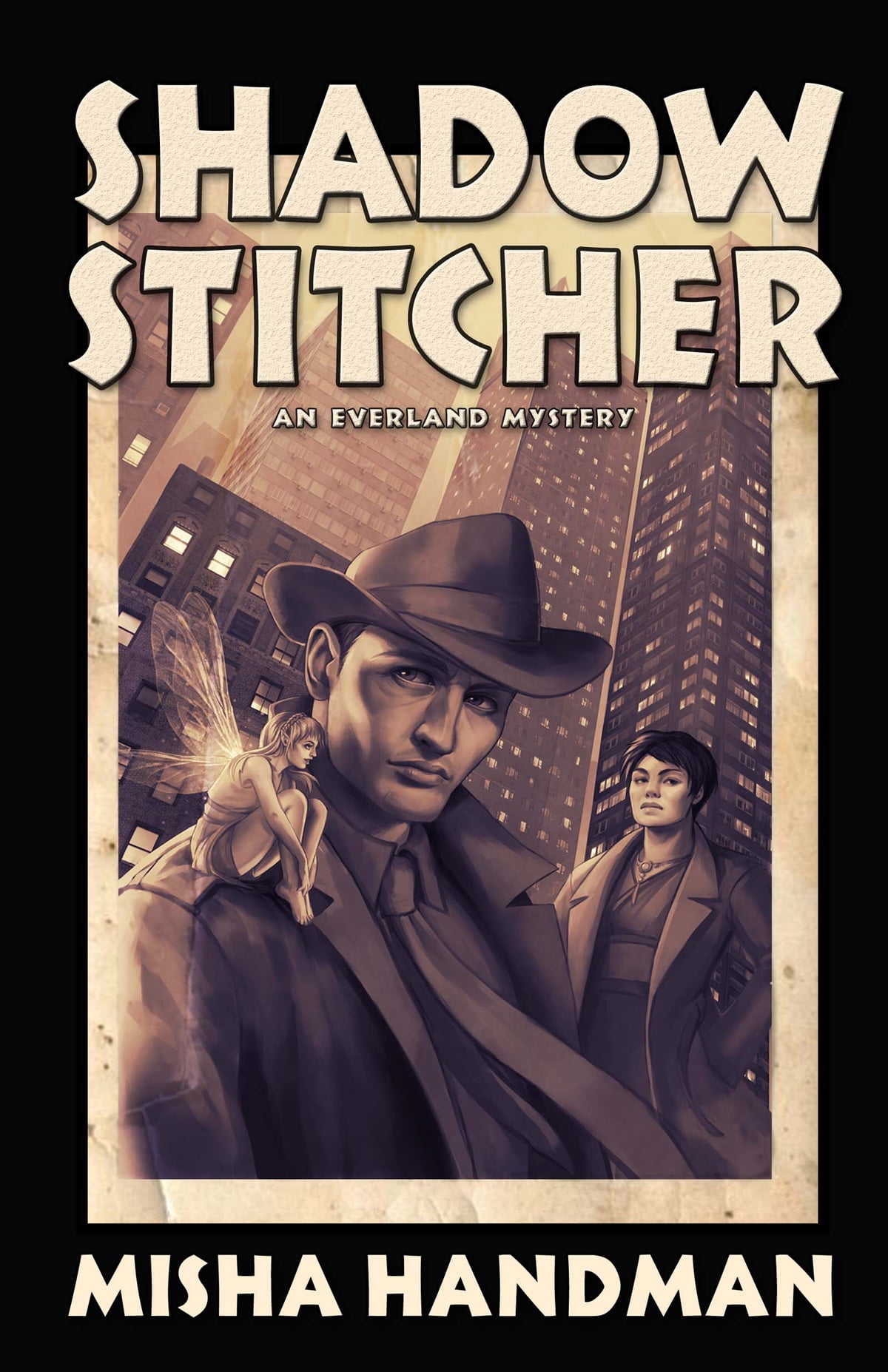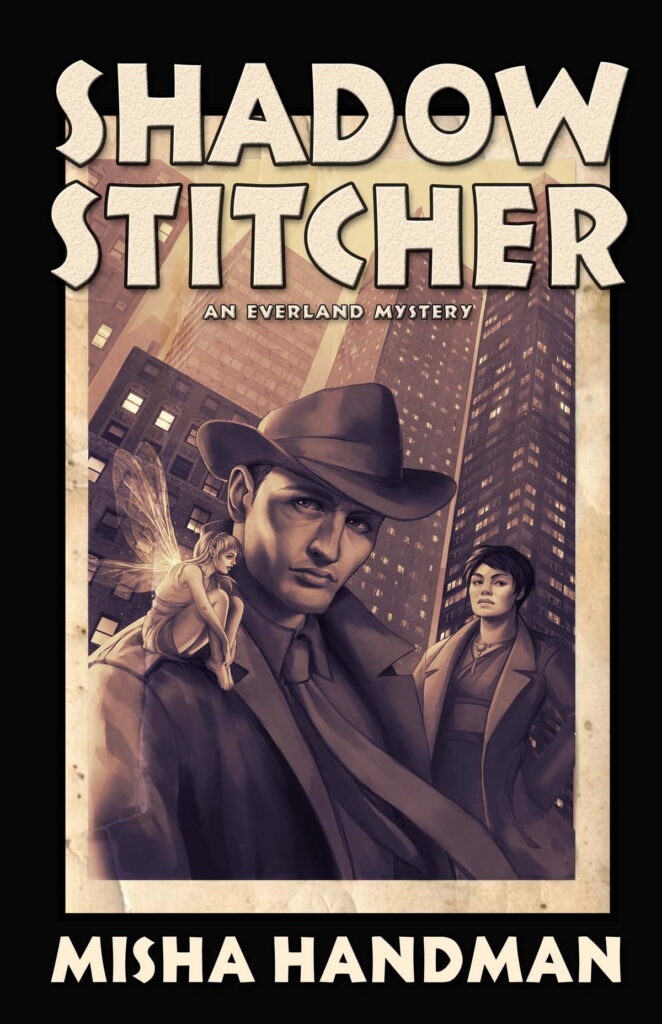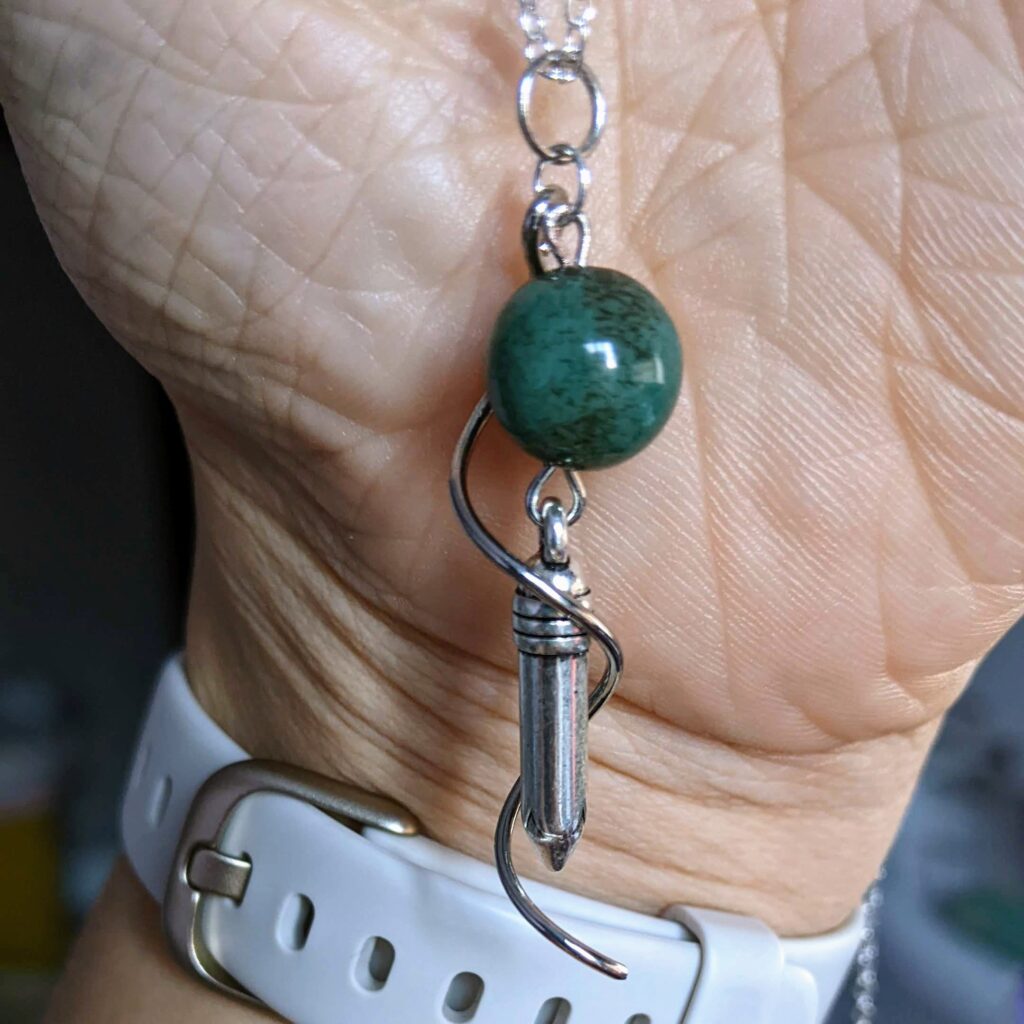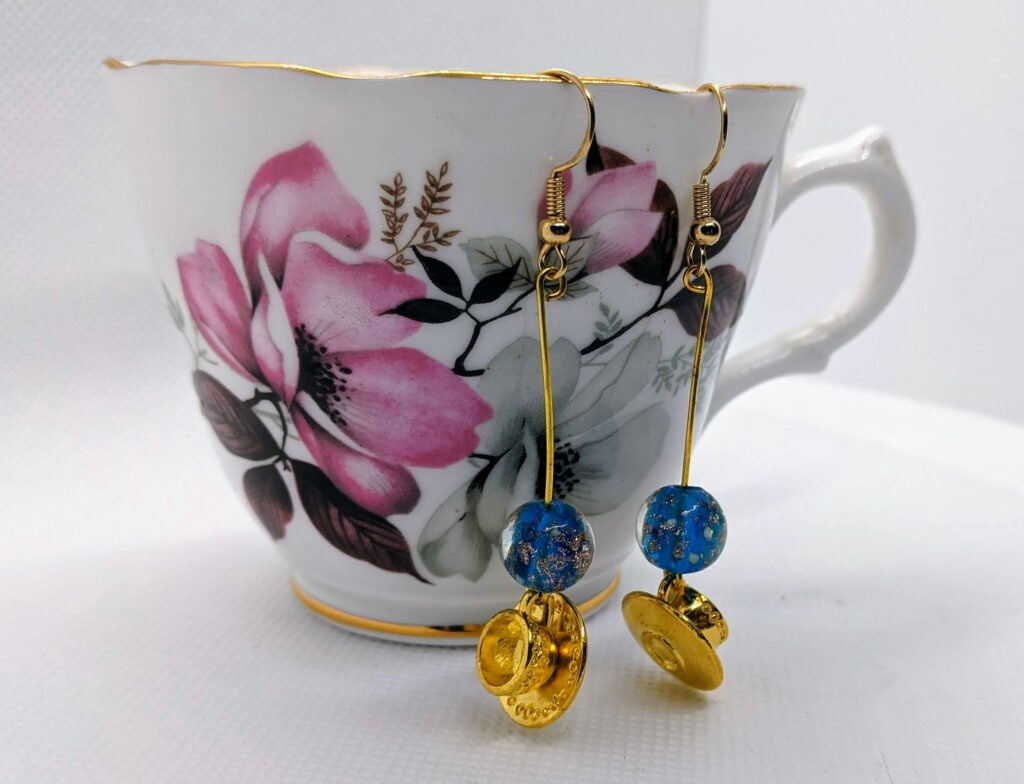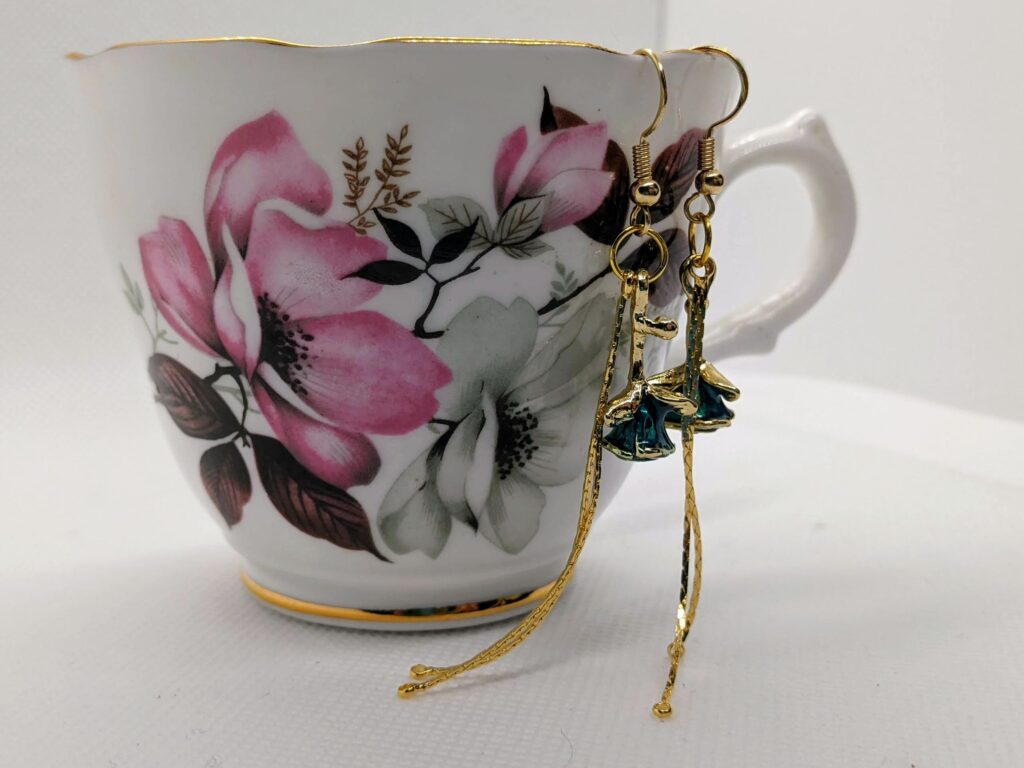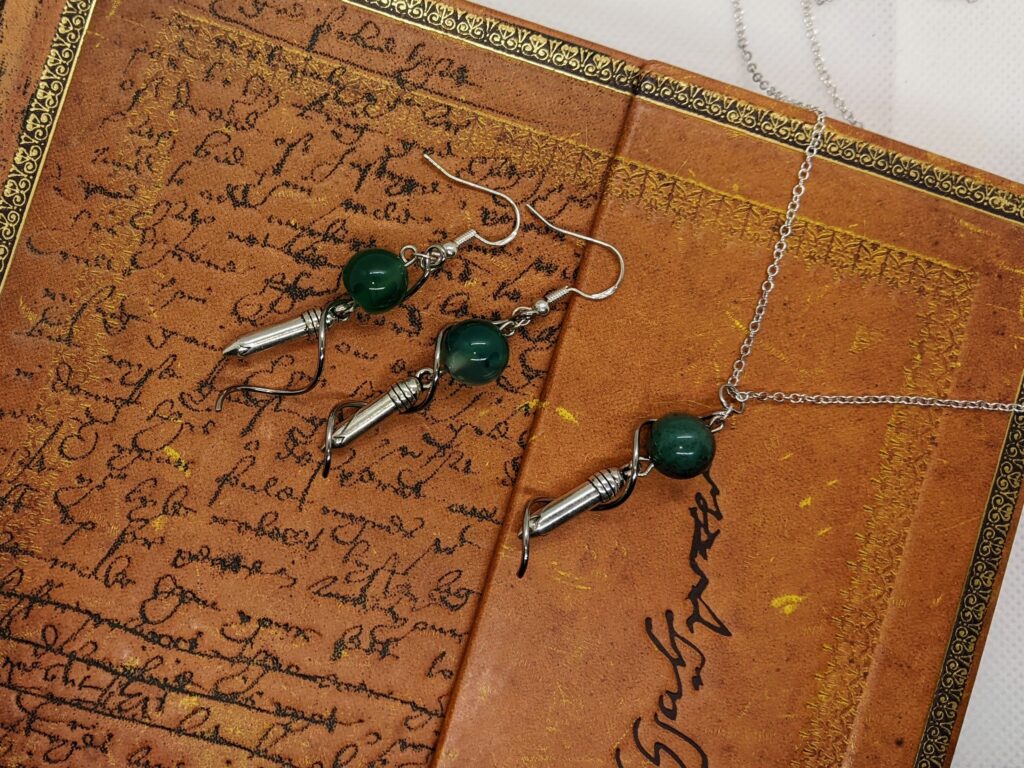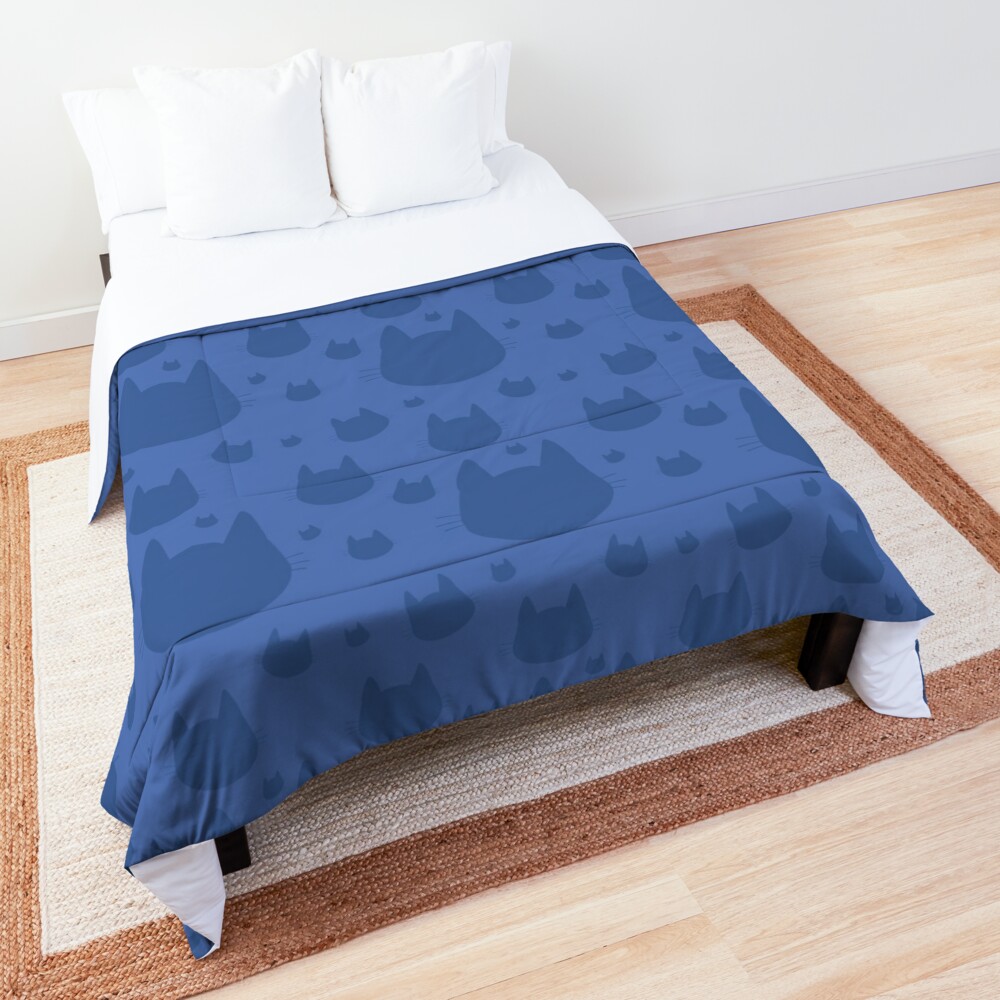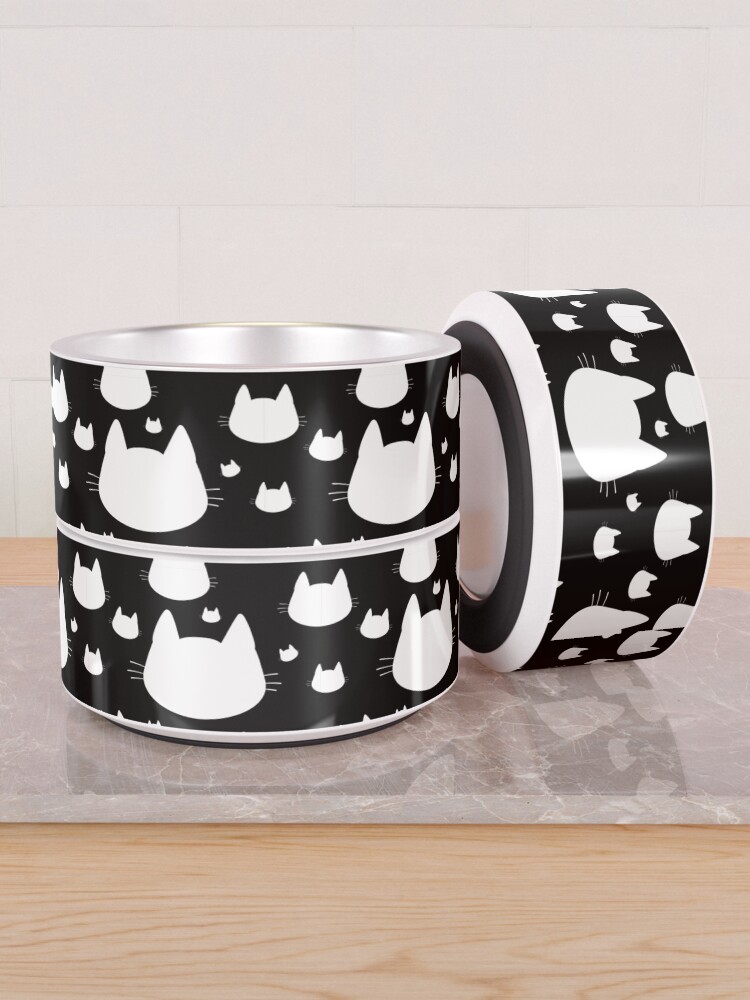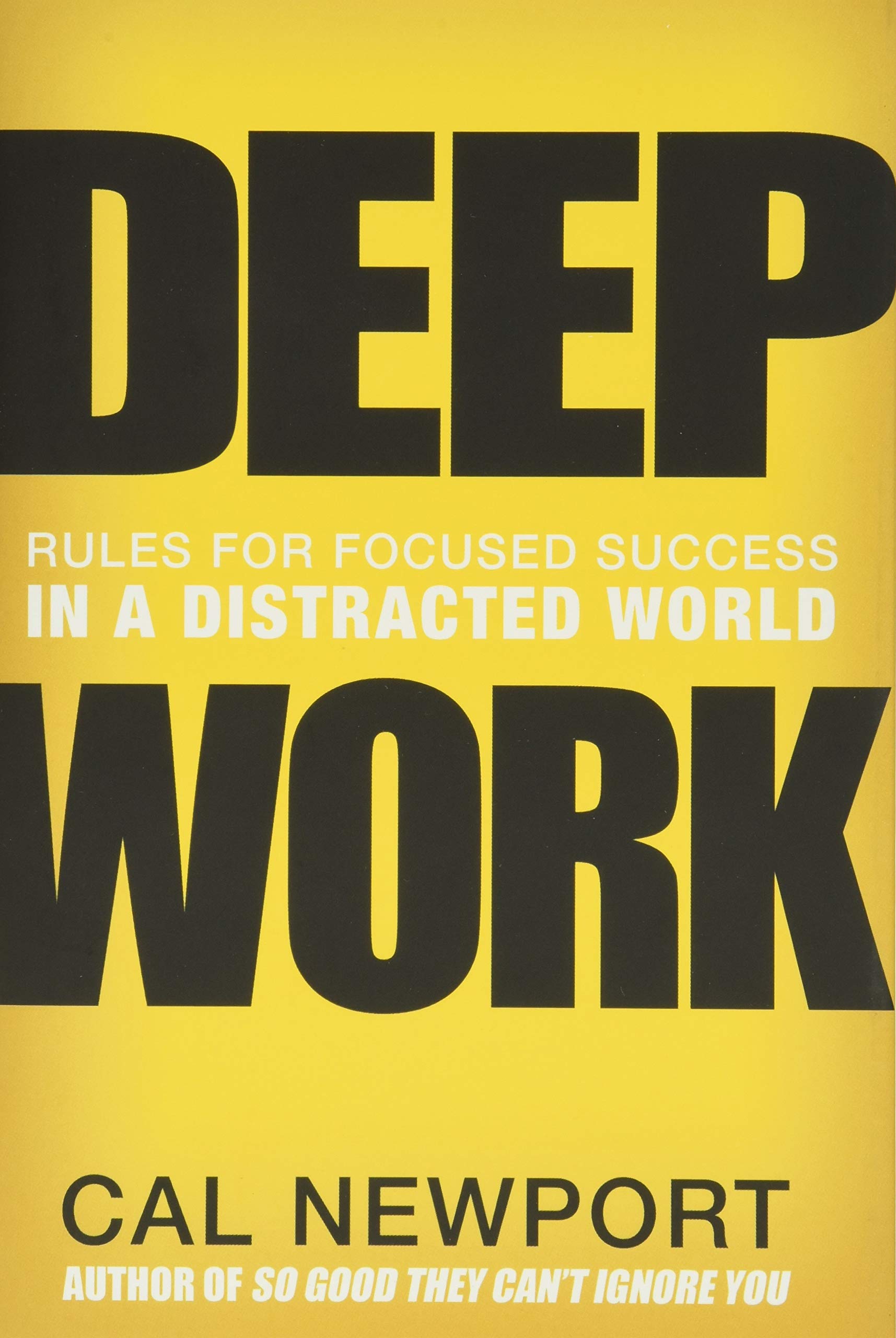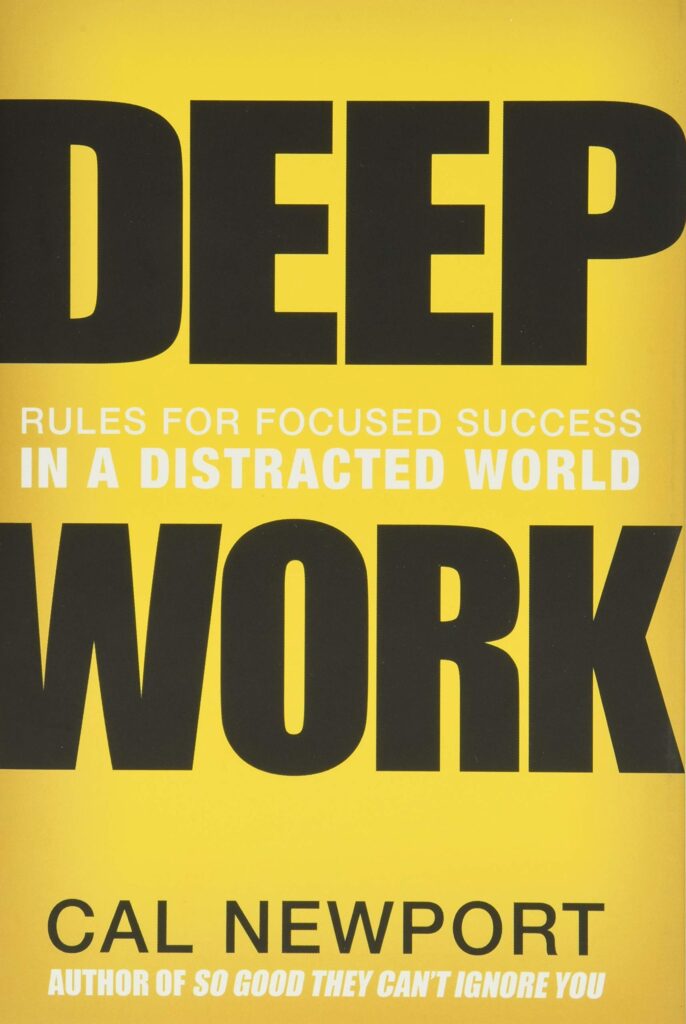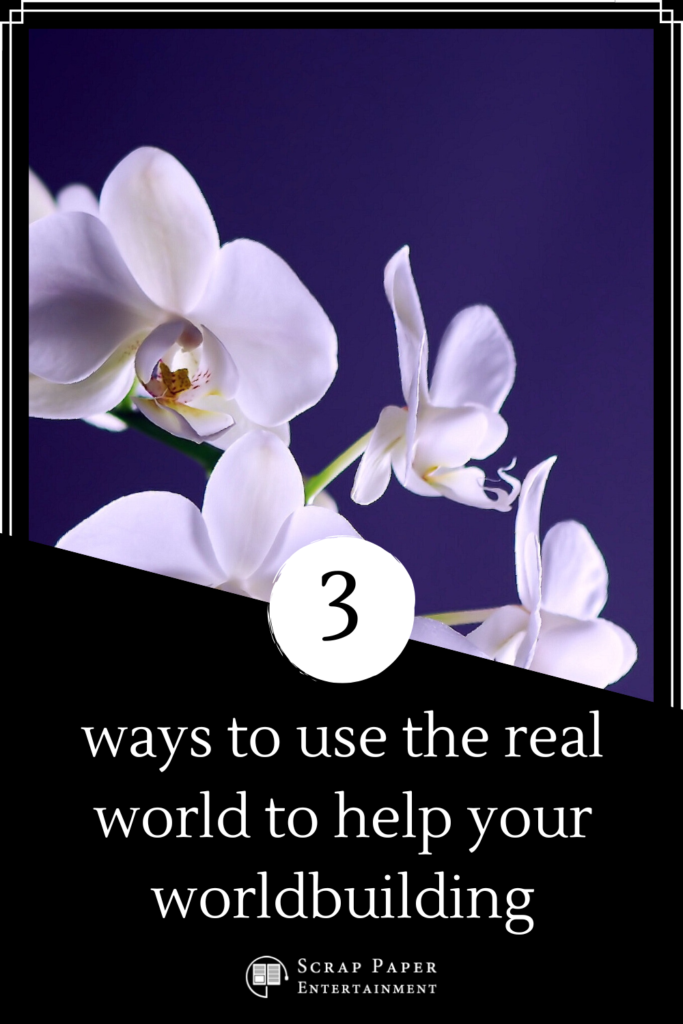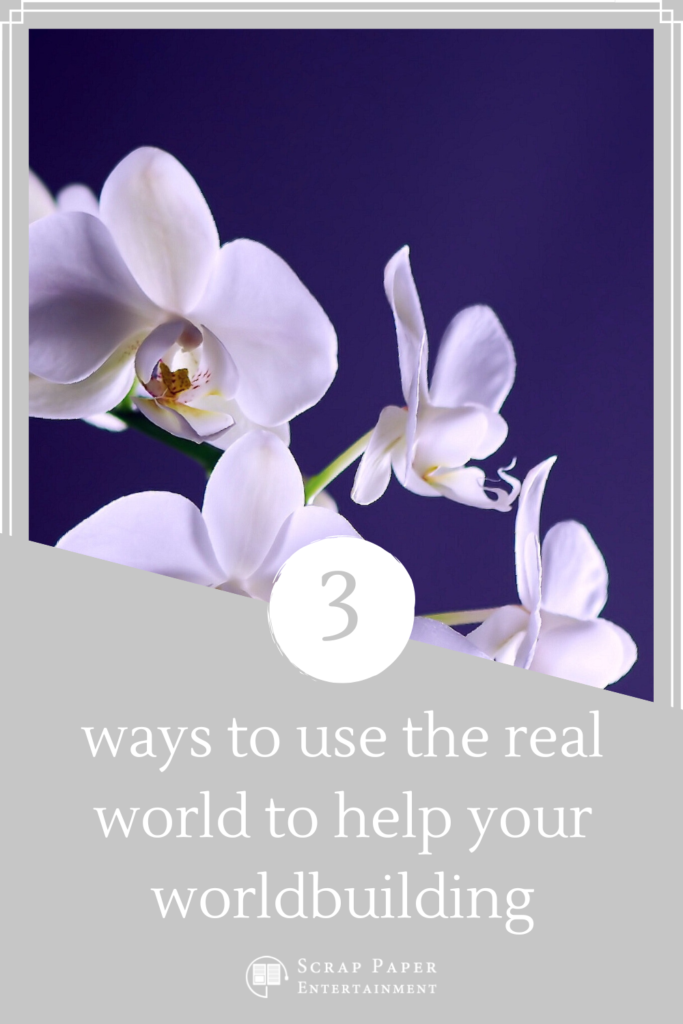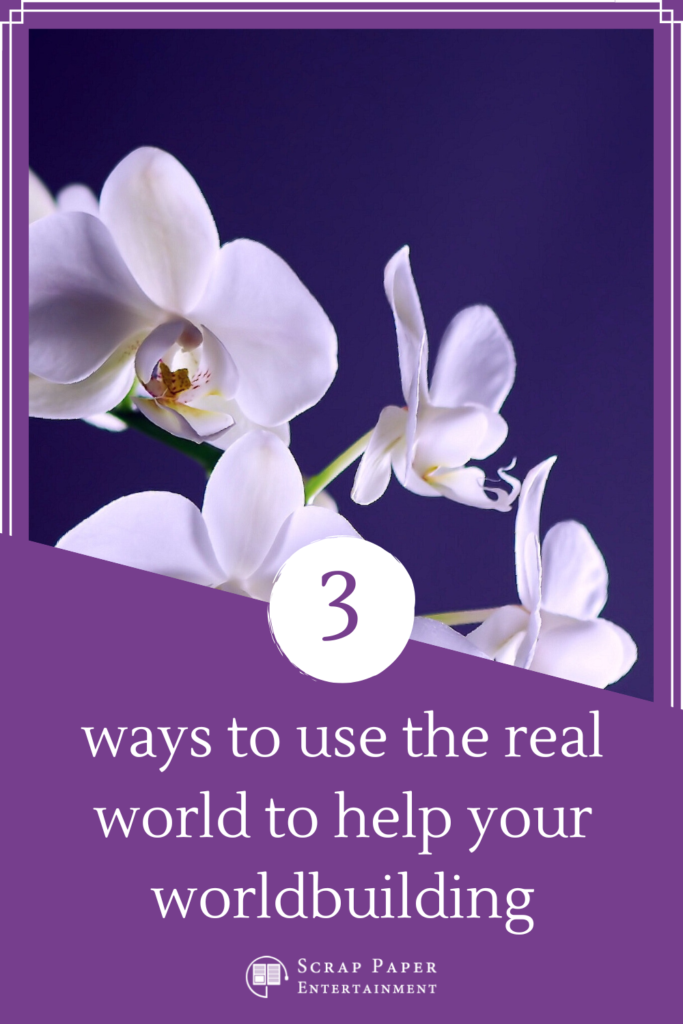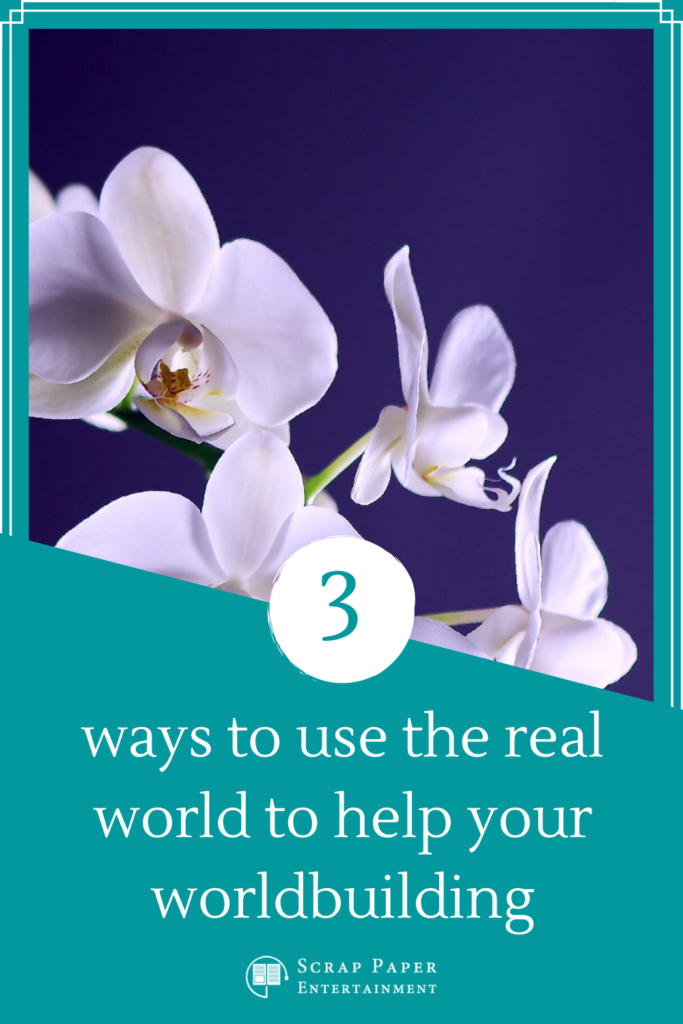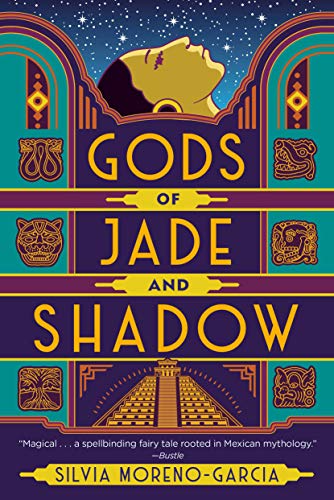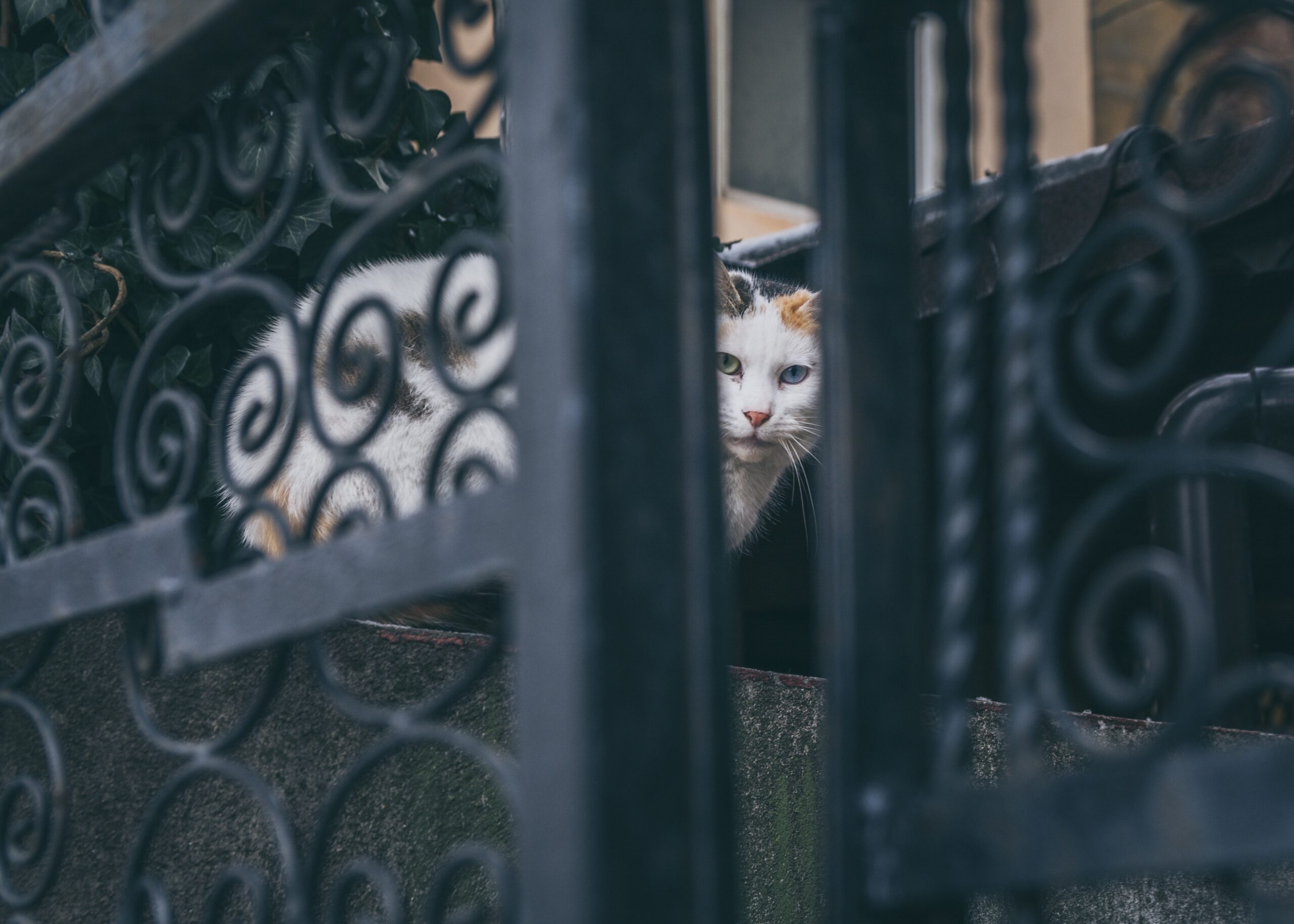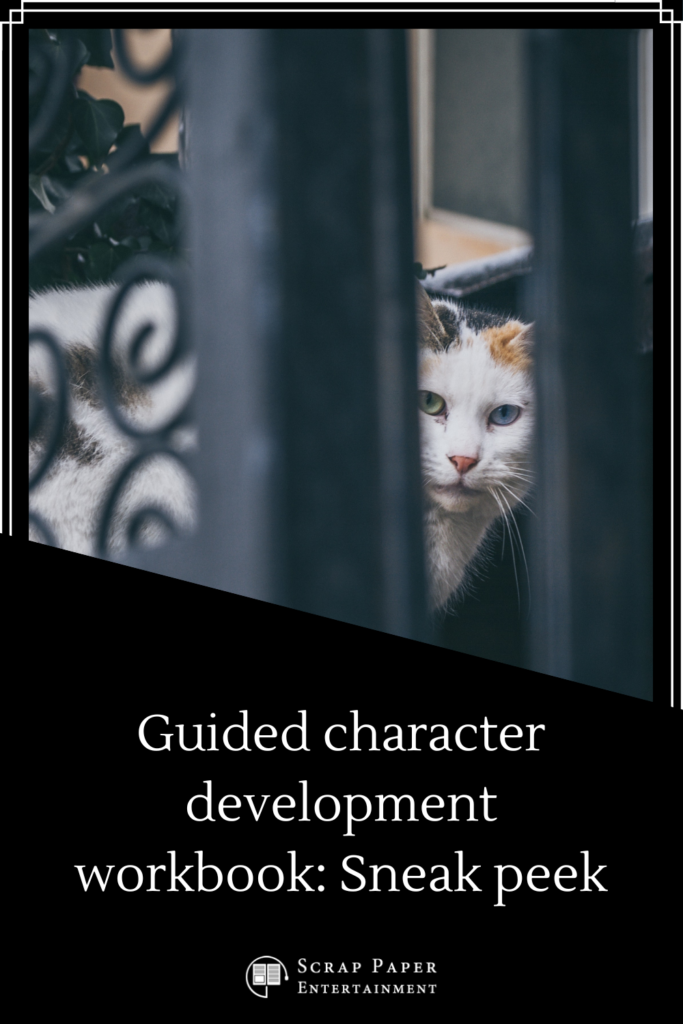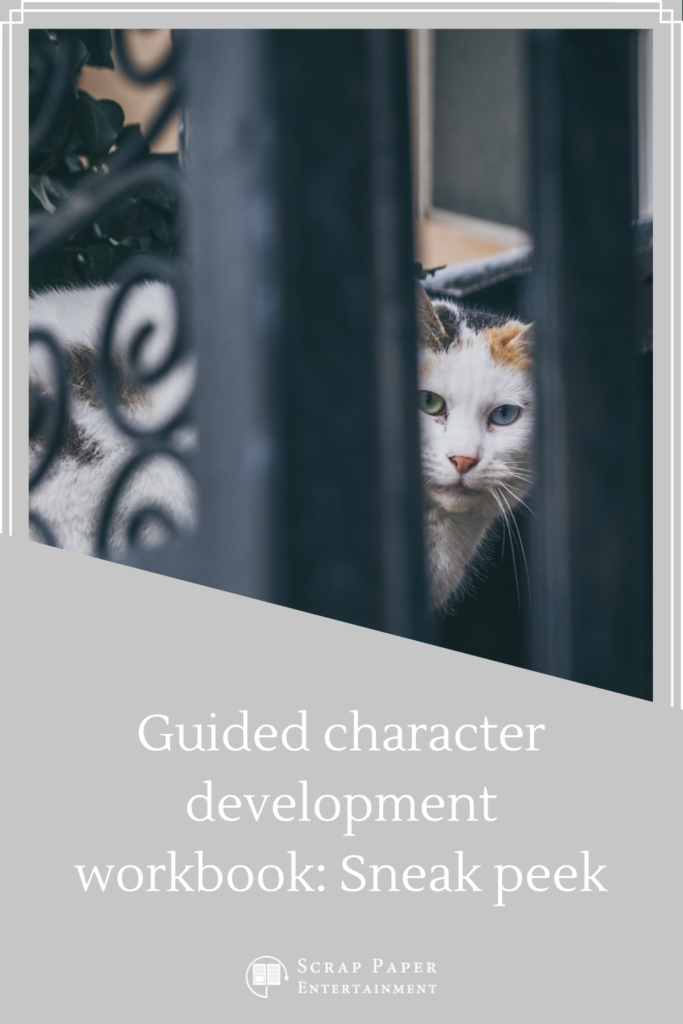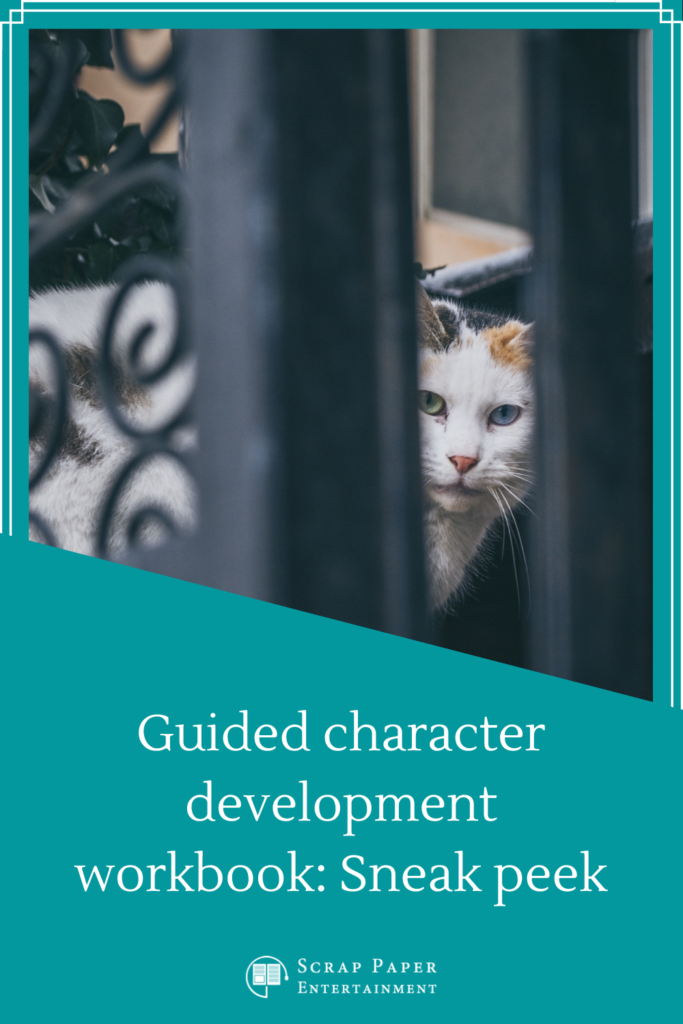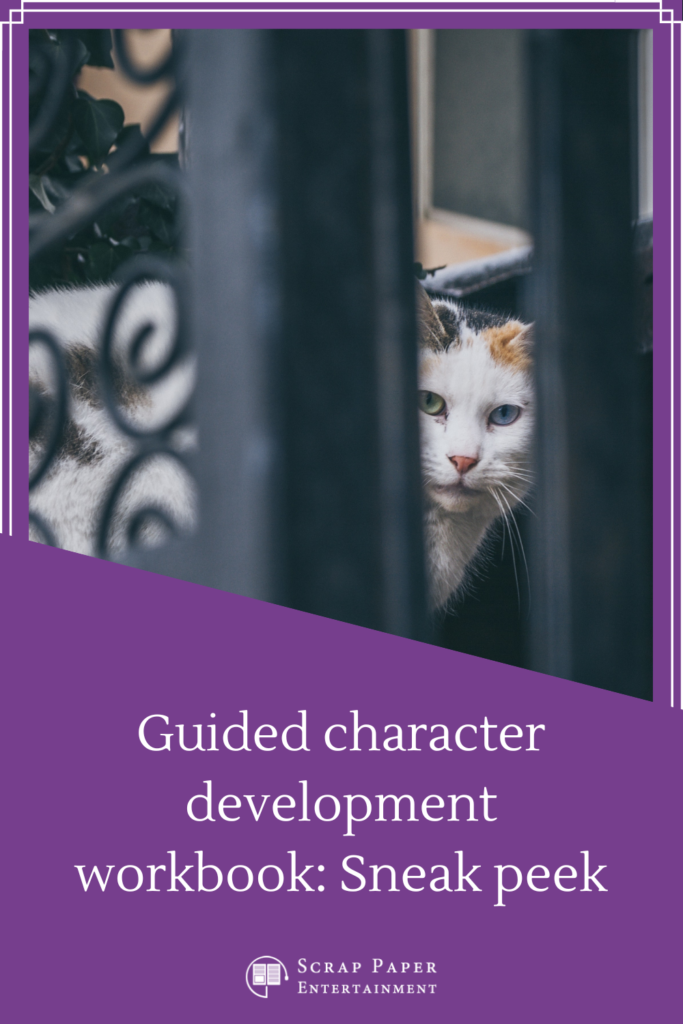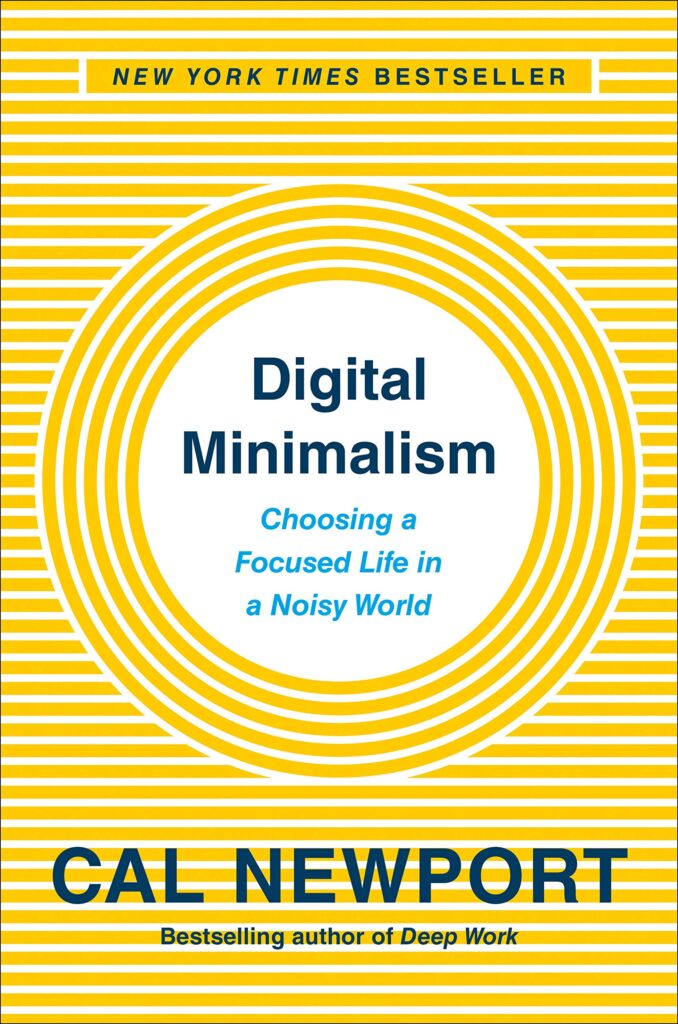
I should not read a second book by a nonfiction author, I’m realizing. First was Nir Eyer, and now Cal Newport. I end up just looking at these books through the context of their last one.
Where Deep Work was about how you should be spending your time on good, meaningful deep work and not on bad, meaningless shallow work, Digital Minimalism is about the exact opposite thing. It is about how you should not be spending your personal time on low-quality, casual technology usage and instead use it on value-generating, high quality activities.
There’s a theme here.
There is a core of this which is good, but that core isn’t enough to fill a whole book. The idea of being intentional about your technology usage and don’t let it consume your life is a good thing. The rest of the book where he moves from descriptive about the problem to prescriptive about the solution is frustrating.
I did end up looking the author up, mostly because I had such a strong feeling that he had a wife that took care of the normal housework and child care ((He says he watches the kids, but never mentions groceries, cooking, cleaning up after them, taking them to activities, planning things to do with them, all of which I would assume a family man would want to be involved with and would think of as valuable use of time…)) that I wanted validation on that ((No, it is not good practice to look something up for the purpose of validation)) and discovered he was a comp sci professor. As someone who has spend her career surrounded by comp sci grads, I understand why his work feels frustrating in such a strangely familiar way.
I do have one more book of his in my TBR. I am debating if I can actually read it fairly.
